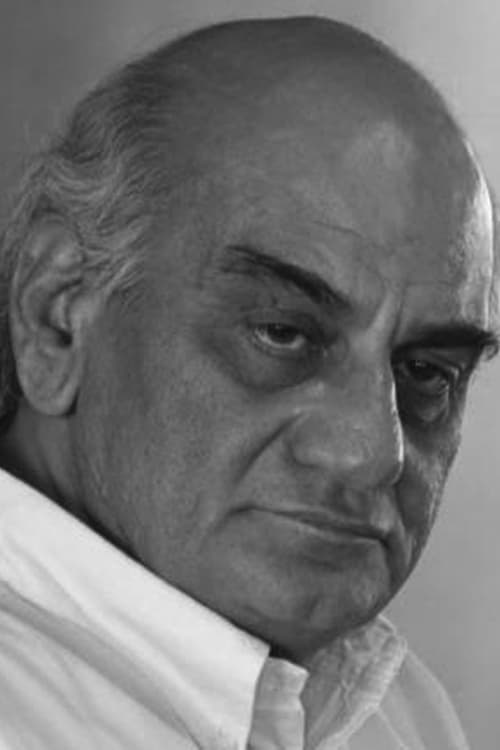Mani Kaul
Nascimento : 1944-12-25, Jodhpur, Rajputana Agency, British India
Morte : 2011-07-06
História
Mani Kaul (25 December 1944 – 6 July 2011) was an Indian director of Hindi films and a figure in Indian parallel cinema. He graduated from the Film and Television Institute of India (FTII) where he was a student of Ritwik Ghatak and later became a teacher. Starting his career with Uski Roti (1969), which won him the Filmfare Critics Award for Best Movie, he went on to win four of them in all. He won the National Film Award for Best Direction in 1974 for Duvidha and later the National Film Award for his documentary film Siddheshwari in 1989.
Description above from the Wikipedia article Mani Kaul, licensed under CC-BY-SA, full list of contributors on Wikipedia.

Director
A Monkey’s Raincoat is a personal documentary about young artists working at the ‘Rijksakademie’; an institute which offers residency to sixty talented artists from all over the world.

Director
Mani Kaul's last film documents his days in Holland and his engagement in India with that form of cinema which for him was the Big Other i.e. Bollywood. Included are interactions with his family, his son the well known physicist Ribhu Kaul and with Bollywood comedians like Johnny Lever.

Director

Director
This film suggests a network of hierarchical relations between people through sometimes subtle and at other times blunt illustrations.

Director
Despite its suggestive title, this multi-part Danish omnibus film is not a work of exploitation. Instead, it presents 20 different short films (back-to-back) on the general theme of Danish women, directed by filmmakers including Krzysztof Zanussi, Monika Treut, Gustav Hamos, David Blair, Vibeke Vogel, Dusan Makavejev, Morten Skallerud and Lars Norgaard. Some dramatic vignettes mix with other comedic ones, but all are offbeat and experimental. The picture includes one animated sequence (by Norgaard).
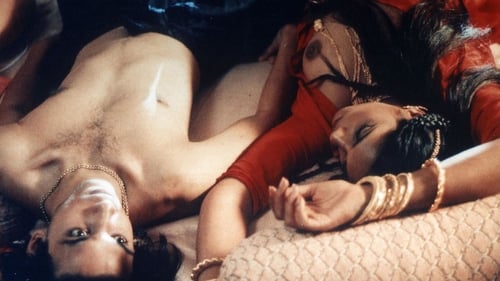
Screenplay
A very clever parrot lives in a Hindu palace, surrounded by many beautiful girls, but the parrot escapes, and is trapped far from the palace. One day, when its new owner is sleeping, the bird convinces a young boy to open the cage door. In return, it shows the boy a secret passage to get into the palace.

Director
A very clever parrot lives in a Hindu palace, surrounded by many beautiful girls, but the parrot escapes, and is trapped far from the palace. One day, when its new owner is sleeping, the bird convinces a young boy to open the cage door. In return, it shows the boy a secret passage to get into the palace.
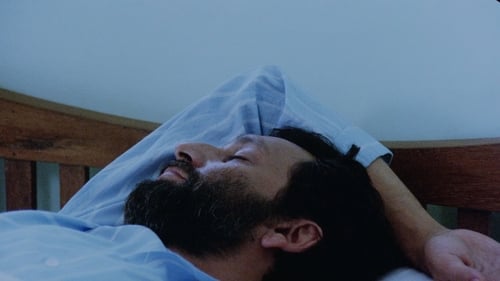
Writer
A middle-aged antique dealer and money lender recollects his marriage to a 17-year-old orphan girl.

Director
A middle-aged antique dealer and money lender recollects his marriage to a 17-year-old orphan girl.

Writer
An impressionistic biographical look at Siddheshwari Devi (1908–1977), the classical Indian singer whose voice was appreciated by the maharajas and public alike.

Director
An impressionistic biographical look at Siddheshwari Devi (1908–1977), the classical Indian singer whose voice was appreciated by the maharajas and public alike.

Self - director
This documentary is a three-part tribute to director Guru Dutt, who died in 1964 at the age of 39. The work traces Guru Dutt's personal story through many interviews with his family members and colleagues and observes his work through the use of extensive film excerpts. The documentary was produced by the British television network Channel 4 producer Nasreen Munni Kabir.

Director
A 'filmscape' on the Kashmir valley.
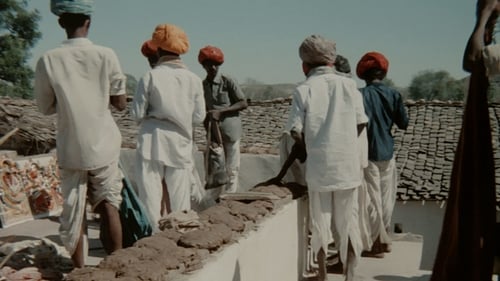
Writer
In a poetic hour and a half, director Mani Kaul looks at the ancient art of making pottery from a wide variety of perspectives.

Director
In a poetic hour and a half, director Mani Kaul looks at the ancient art of making pottery from a wide variety of perspectives.

Director
A documentary story told through images, poetry and the Dhrupad, a vocal genre in Hindustani classical music, said to be the oldest still in use in that musical tradition.

Director
Based on the text written by Vijaydan Detha and Kamal Kothari, the film is set in the arid desert of Rajasthan, a setting similar to Duvidha, where two rival clans face off one another in the desert.
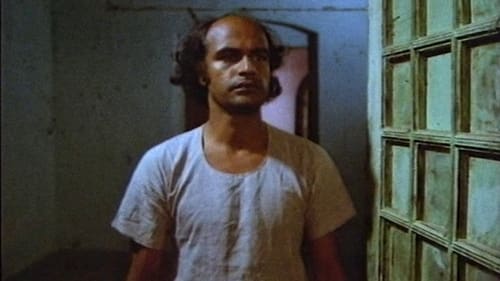
Writer
Taking an experimental approach to the relationship between the written text and moving image, Mani Kaul has a series of texts read aloud in voice-overs (poetry, essays, and stories), while the characters within the texts walk through real or imaginary landscapes.

Director
Taking an experimental approach to the relationship between the written text and moving image, Mani Kaul has a series of texts read aloud in voice-overs (poetry, essays, and stories), while the characters within the texts walk through real or imaginary landscapes.

Writer
To the city come men, women, fruits, flowers, vegetables, goats and sheep – all ready for consumption. It is the process of consumption/exploitation that forms the core of the film.

Director
To the city come men, women, fruits, flowers, vegetables, goats and sheep – all ready for consumption. It is the process of consumption/exploitation that forms the core of the film.

Director
Chitrakathi is about the folk artists of western India who narrate with the help of leather puppets. Mani takes us to the sleepy Konkan coastal village and introduces us to the family that has preserved this unique art for several centuries.

Director
A stylized version of Vijay Tendulkar’s radical Marathi play chronicling the Peshwa regime in western India, a collective effort of direction and cinematography made by an independent group of young filmmakers.

Director
A documentary on the role of women in India.

Director
Documentary short about the nomadic puppeteers of Rajasthan.

Producer
O filho recém-casado de um comerciante é enviado para fazer negócios fora. Um fantasma se apaixona loucamente pela noiva, assume a forma do marido e começa a viver com ela.

Director
O filho recém-casado de um comerciante é enviado para fazer negócios fora. Um fantasma se apaixona loucamente pela noiva, assume a forma do marido e começa a viver com ela.

Writer
A literary film based on a play in three acts, Ashad Ka Ek Din portrays the love of Mallika and Kalidasa, the renowned Sanskrit poet and dramatist. Vilom, a friend to both and interested in Mallika, is a passive onlooker for the first two acts. Kalidasa leaves his verdant mountain valley home for the splendour of far off Ujjain, where he wins fame. The action of the film is rooted in the village to which Kalidasa returns years later and finds Mallika married to Vilom and the mother of his child. Mallika sacrificed her love so that the poet could pursue his muse.

Director
A literary film based on a play in three acts, Ashad Ka Ek Din portrays the love of Mallika and Kalidasa, the renowned Sanskrit poet and dramatist. Vilom, a friend to both and interested in Mallika, is a passive onlooker for the first two acts. Kalidasa leaves his verdant mountain valley home for the splendour of far off Ujjain, where he wins fame. The action of the film is rooted in the village to which Kalidasa returns years later and finds Mallika married to Vilom and the mother of his child. Mallika sacrificed her love so that the poet could pursue his muse.
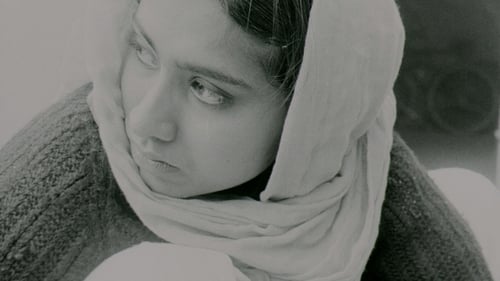
Screenplay
The film depicts the life of a truck driver Sucha Singh and his wife Balo. Balo has to get Sucha Singh's food ready every day, walk a long distance through the fields and wait for him on the highway as he drives past the village. He leads an independent life, playing cards with his friends and spending time with his mistress, and comes home only once a week. However, he expects his wife to play the traditional role of a devoted wife. One day Balo gets late, trying to save her sister from the advances of a lecherous villager. Sucha Singh is angry, and drives away without his food. She decides to wait for him until nightfall.

Director
The film depicts the life of a truck driver Sucha Singh and his wife Balo. Balo has to get Sucha Singh's food ready every day, walk a long distance through the fields and wait for him on the highway as he drives past the village. He leads an independent life, playing cards with his friends and spending time with his mistress, and comes home only once a week. However, he expects his wife to play the traditional role of a devoted wife. One day Balo gets late, trying to save her sister from the advances of a lecherous villager. Sucha Singh is angry, and drives away without his food. She decides to wait for him until nightfall.

Director
The precautions to be taken during and after an air-raid by the people, are shown in this film.

Amar Thakur
Samar wants to be successful in life but his parents force him to get married. His wife is shy and reserved and Samar does not like this. The other members in the family often ill-treat her.

Writer
A short film that sets up an opposition between functional forms of industrial age and decorative ones from Indian tradition.

Director
A short film that sets up an opposition between functional forms of industrial age and decorative ones from Indian tradition.

Director
FTII Diploma film by Mani Kaul

Director
The film shows the role of school teachers and the importance thereof.

Director
Mani Kaul's diploma film shot at Ajanta Caves
